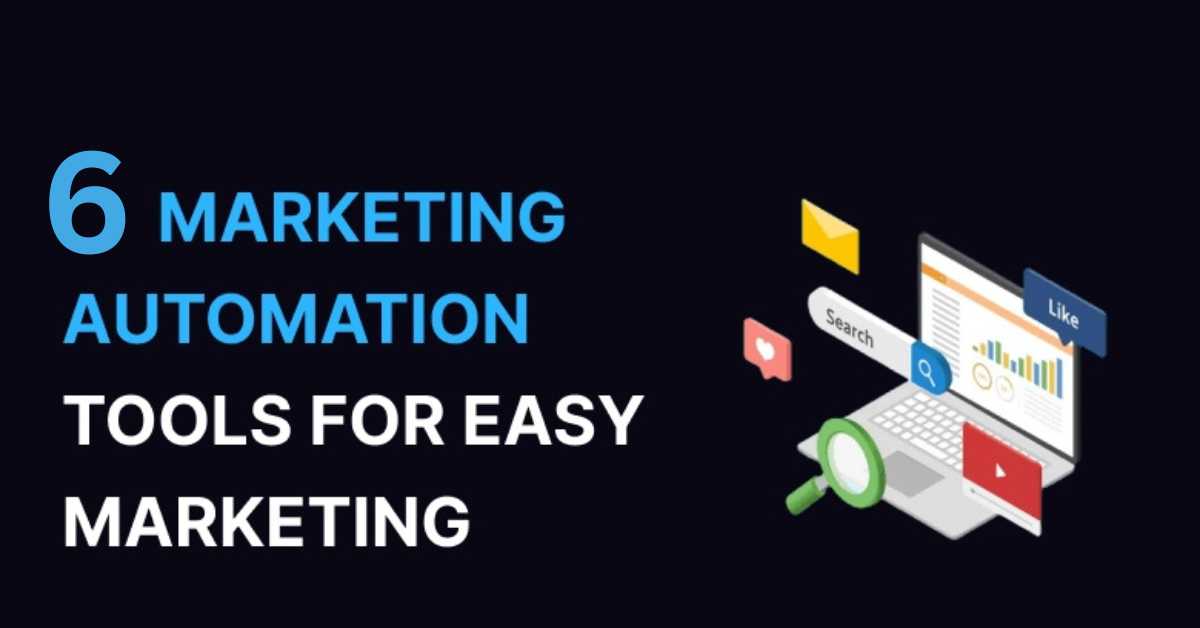Email: [email protected]


The adoption of AI in healthcare faces several challenges and limitations. Ensuring the quality and availability of healthcare data is crucial, as inaccurate or incomplete data can lead to biased or ineffective AI applications. Algorithmic bias is another concern, as AI can perpetuate existing disparities if trained on biased data.
Regulatory frameworks must be established to ensure AI safety, security, and accountability. Transparency and explainability are also essential, as healthcare professionals and patients must trust AI-driven decisions. Additionally, addressing interoperability issues and ensuring patient data privacy are necessary.
The future of AI in healthcare is transformative, with emerging trends and predictions revolutionizing patient care. AI-powered diagnostics will improve accuracy and speed. Personalized medicine will be enhanced by AI-driven insights. Telemedicine will expand, leveraging AI-powered chatbots and virtual assistants. AI-assisted clinical decision support will provide real-time guidance.
Focus on AI ethics and regulation will intensify. Integration with wearable devices and IoT sensors will enable proactive health monitoring. AI-driven healthcare research and development will accelerate medical breakthroughs, shaping the future of AI in healthcare and offering immense opportunities for innovation and improvement.
Implementing AI in healthcare requires careful consideration of best practices to ensure successful adoption and improve patient outcomes. Ensuring data quality and integration, clinically validating AI-driven decisions, and prioritizing transparency and explainability are crucial steps. Additionally, maintaining regulatory compliance, managing change effectively, and continuously monitoring and evaluating AI performance are essential to ensure AI systems are safe, effective, and trustworthy.
By following these best practices, healthcare organizations can harness the power of AI to enhance patient care, streamline operations, and drive innovation, leading to better health outcomes, improved quality of life, and increased efficiency in healthcare delivery.
Artificial intelligence is revolutionizing healthcare, transforming patient care and streamlining operations. AI’s impact is evident in improved patient outcomes, enhanced experiences, and increased efficiency. As AI advances, we can anticipate more groundbreaking applications and benefits. Collaboration between healthcare providers, policymakers, and technology developers is crucial for responsible adoption and integration.
By doing so, we can unlock AI’s full potential, leading to better health outcomes, improved quality of life, and a more sustainable healthcare system. Increased investment, research, and development in AI-powered solutions will drive growth and innovation in the industry.
SEE ALSO: 5G Network Adoption: Opportunities and Challenges.












To provide the best experiences, we and our partners use technologies like cookies to store and/or access device information. Consenting to these technologies will allow us and our partners to process personal data such as browsing behavior or unique IDs on this site and show (non-) personalized ads. Not consenting or withdrawing consent, may adversely affect certain features and functions.
Click below to consent to the above or make granular choices. Your choices will be applied to this site only. You can change your settings at any time, including withdrawing your consent, by using the toggles on the Cookie Policy, or by clicking on the manage consent button at the bottom of the screen.
